While Shang-Chi is certainly not the first Asian hero to step on the stage for the MCU (there’s Wong and Mantis, hell, even Jimmy Woo and Daisy Johnson), he is certainly the most buzzed about and the one that has the potential to stand toe-to-toe with the Avengers. With Shang-Chi and the Legend of the Ten Rings, Marvel is making a clear statement to bringing Asian superheroes to the forefront. With Shang-Chi‘s official release just over a week away, there’s a lot to be said about Marvel’s new superhero and Destin Daniel Cretton‘s first big blockbuster flick.
The following review of Shang-Chi and the Legend of the Ten Rings is based on an early screening of the film and contains no spoilers.
So let’s get the big stuff out of the way, at its most basic level this is very much another MCU affair. From a critical point of view, there is no reinvention of the wheel. It’s big action with both one-on-one duels and big CGI fights, there’s a bit of heart, there’s a bit of humor. Nothing in Shang-Chi will really shock you aside from a couple of cameos, and even those might be ruined for you based on the rumor mill and how in-tuned you are with MCU news and leaks.
Shang-Chi: The Good, The Bad
As far as weaknesses go, one of my biggest complaints was the heavy use of CGI in the final third of the film, which often felt clunky and ended up overshadowing the emotional scenes. The driving antagonist of the film is Wenwu (played by the legendary Tony Leung), Shang-Chi’s father. He also happens to be the leader of the Ten Rings Organization, the terrorist group that kidnapped Tony all those years ago in Iron Man. Wenwu is, thankfully, a far cry from one of Marvel Comics’ most racist characters, Fu Manchu, but is he a strong contender for antagonist?
Marvel has always had a bit of an antagonist problem, you’ve got the Thanoses and the Lokis that hit it out of the park (even if Loki has basically been redeemed), but then you have the forgettable ones. The Whiplashes, the Malekiths, the Kaeciliuses. They serve to push the plot forward but don’t really leave a strong impression beyond being the baddie of the moment.
In some ways, Wenwu toes the line between being a Loki or a Whiplash. It’s hard for me, personally, to ignore my absolute lifelong love of Tony Leung and his character’s emotional beats with his son, even in a Marvel flick it’s hard to ignore the magnetism of Leung. But, in many ways, he is not really the actual antagonist of the film. The true Threat with a capital T is revealed toward the end of the movie, and honestly, it’s a bit of a dud. I would have preferred a more lowkey, emotional standoff between Wenwu and his children than the trademarked big fight that Marvel always feels the need to put in its movies. But the problem here is the MCU formula, and when it comes to filmmakers, even the most innovative ones are forced to step in line with the formula.
Of course, you can’t talk about the antagonist without talking about the protagonist. And in this case, we have Simu Liu stepping up to the plate as the titular character. Most who know Liu know him from his time as Jung on Kim’s Convenience. So, has Liu proven himself enough to fill the shoes of Shang-Chi? Well, there’s room to grow for Liu, who hits the humor and light-hearted scenes easily but struggles a bit when it comes to standing firmly in the place of a superhero. But there is an earnestness to Liu that makes me want to root for him, and its fitting given that Shang-Chi himself struggles with his own identity in the movie. Also, Liu’s martial arts skills are nothing to turn your nose up at.
Despite some of my criticisms, there is much to love about Shang-Chi. It ties to so much of the MCU, referencing everything from Iron Man to Marvel shorts like The Consultant and All Hail the King. It’s refreshing to see Marvel call back to some of its earlier stories rather than continuously get stagnant in the post-Blip post-Endgame era. There’s very little Blip talk, and that’s just perfect for me.
When it comes to mixing humor and action, Marvel has the formula down pat. Alongside Liu is Awkwafina‘s Katy, Shang-Chi’s childhood friend from San Francisco. Some of the best laughs come straight from scenes with Awkwafina, and while I had reservations about Marvel casting her so soon after Raya, it was the right choice. Shang-Chi is certainly not shy when it comes to the jokes and that might be too much for some, but they land every time. Especially when you throw Ronny Chieng and Ben Kingsley‘s Trevor Slattery back into the mix.
The action scenes, aside from perhaps parts of the final battle, made a big splash as well. There are big fight sequences including one in a bus on the streets of San Francisco against the bro-ish Razor Fist (Florian Munteanu), one featuring Shang-Chi’s sister Xialing (Meng’er Zhang) at a fight club, and another on bamboo scaffolding on the side of a Macau skyscraper. The incorporation of different martial arts styles like Tai Chi and Bagua added depth to the martial arts, both in the form of physical variety but also philosophically. Liu, in particular, has great timing and an impressive physical presence, so even without many special effects, he shines incorporating these fighting styles.
Feeling Seen
But all of that aside, Shang-Chi means a lot to me. As an Asian-American, specifically a Chinese-American, I only had a few requirements for this film going into it. The key requirement was authenticity. I wanted it to be reflective of me without feeling like pandering. When it comes to Asian culture, it is multifaceted. Knowing Shang-Chi is essentially a Chinese character means that I wanted to see my culture on display beyond just the surface level. You’ve heard the phrase Asians aren’t a monolith, and very few films or television shows made in the West have ever made me feel like they embody the culture without othering it first, mixing it with another culture, or sanitizing it for a Western audience.
Sitting down for Shang-Chi, I fully expected to enjoy it, but I held back some of my joy. After all, I have been disappointed countless times before by Hollywood, the more mainstream the story, the more Americanized it can feel. It never feels realistic for me to watch shows like Kim’s Convenience or Fresh Off The Boat and not hear everyone speaking in Korean or Mandarin, respectively. For most immigrants and first-generation Americans, there’s a fluid codeswitching that comes to speaking with family or members of your community. I’ve never really seen that on screen.
I’ve also rarely seen Asian men take on the role of the leading man, the hero. I’ve spent years struggling with identifying with the personality of the (typically) white leading character and then struggling by not seeing myself in the Asian side character. Then, turning to Asian media, whether it be Chinese, Korean, Japanese, I feel like I am separated from the culture yet again. After all, I am a Chinese-American. I am not from the mainland and there are stark cultural differences that are rarely even seen on Hollywood screens.
So, I fully expected to enjoy Shang-Chi simply because MCU movies are fun to watch and I was excited, but I, like many others, was also cautious. But, when the screen opens and we start off with a flashback narrated completely in Mandarin, I immediately felt seen. This wasn’t just a couple throwaway phrases, this was a full sequence, this was the exposition of the story. Hearing my first language being spoken on screen, in a Marvel movie, and then hearing it spoken again during press conferences, by the stars of the film, it made me surprisingly emotional.
Hearing characters make joking references to ABCs (American-Born Chinese), or discussing the value of our Chinese names, or seeing clear references to Chinese mythology that isn’t detached from the culture, or seeing the Chinese-American immigrant child experience as well as the mainlander experience, or even seeing references to Kung Fu Hustle, these are things a 10-year-old movie-loving me never expected to see. I wouldn’t have even dared to ask for it; it wouldn’t have been allowed. But that’s the impact of a movie like this.
I could go on and on critically about this movie, but I don’t want to. Typically I cringe at the whole “little kids will be able to see themselves in this character” line, because so often it feels more like a marketing schtick than anything else, but being able to see myself in these characters was immensely cathartic. I can only imagine what it would be like for young audiences out there.
And that’s what matters to me more than some plot holes or a healthy dose of CGI. I’m sure there will be people out there who loved the original comics version of Shang-Chi who might balk at the changes to his character and story in this film, but seeing as the character was literally named Still Gas (尚氣 or nightmarishly High Gas 上氣 depending on the homophone, ask any Chinese speaker and they will probably laugh at this name), I’m okay with the version they replaced him with. Getting to see myself reflected in a Marvel blockbuster flick, despite its flaws, makes me excited for what more we might see from Shang-Chi. And that is a very good thing in my book.
Shang-Chi and the Legend of the Ten Rings comes exclusively to theaters Steptember 3rd, 2021!


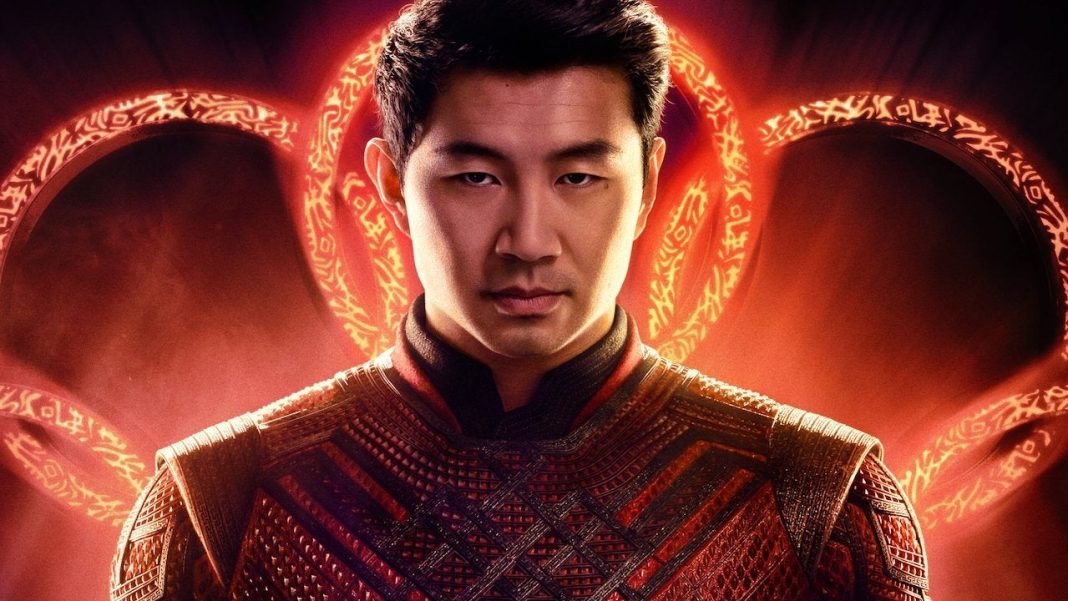
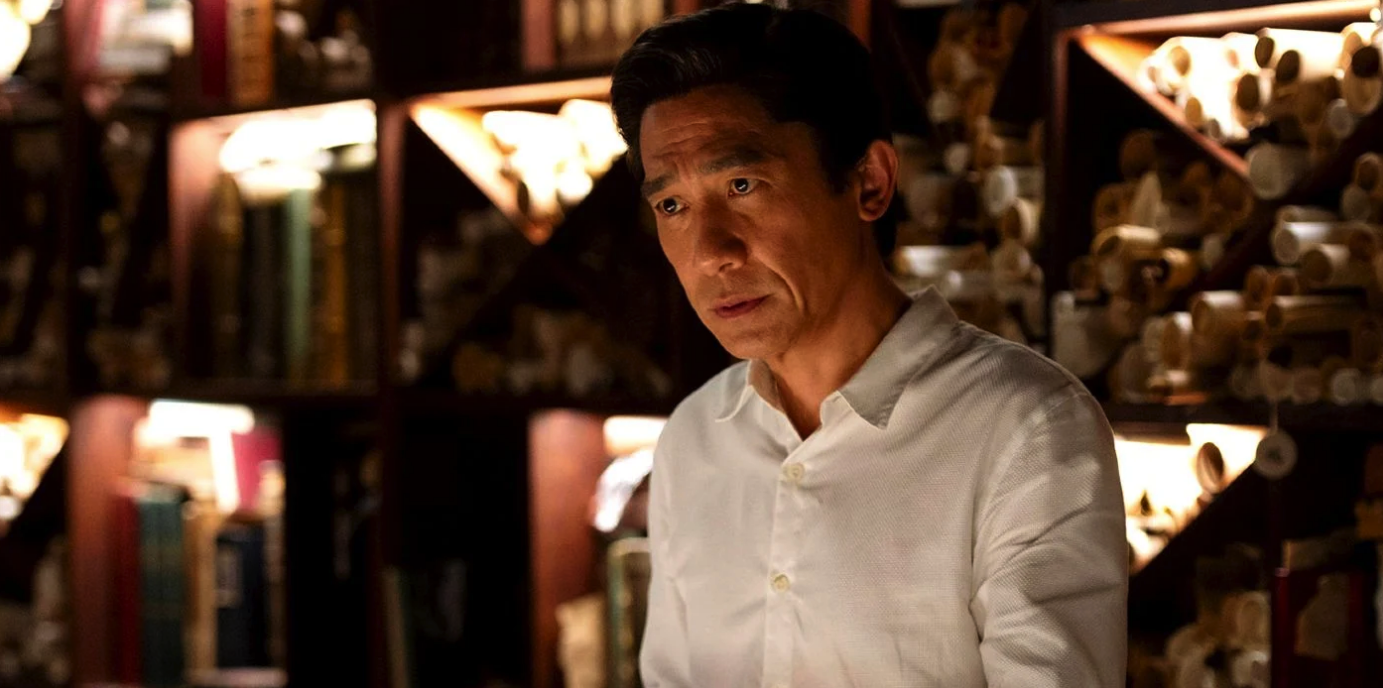
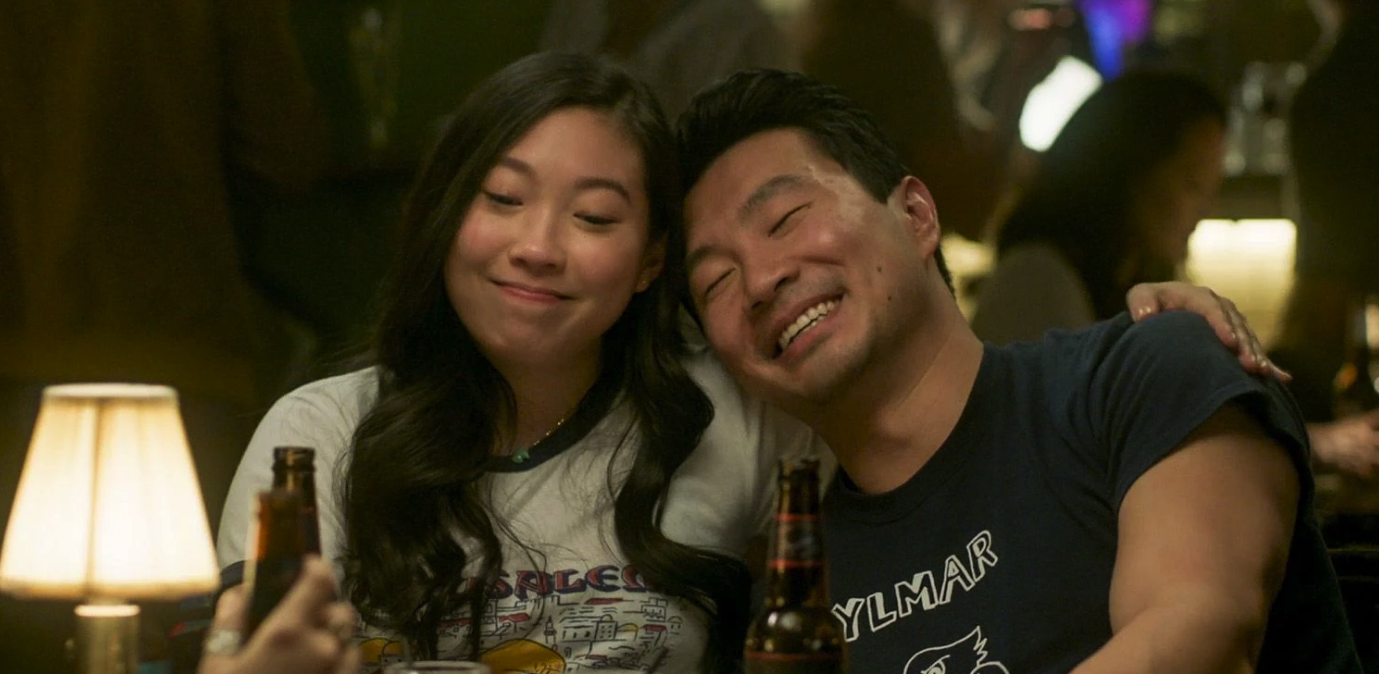
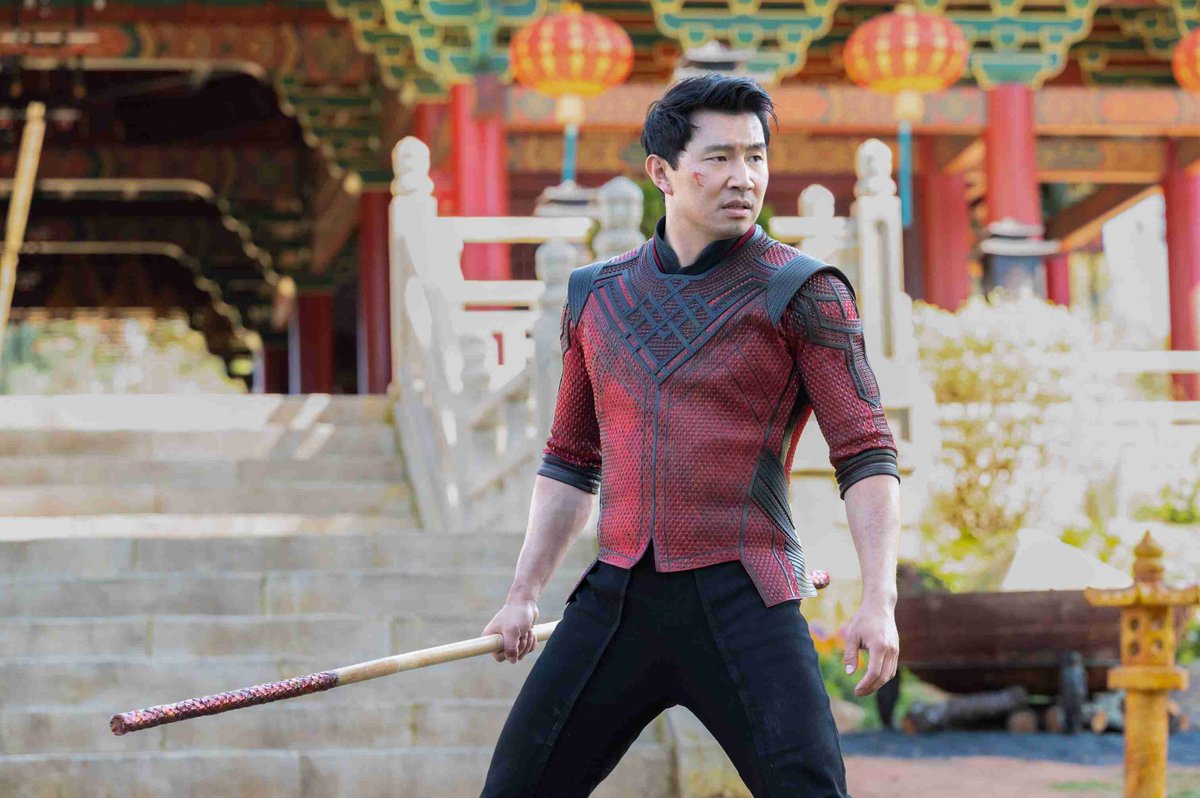
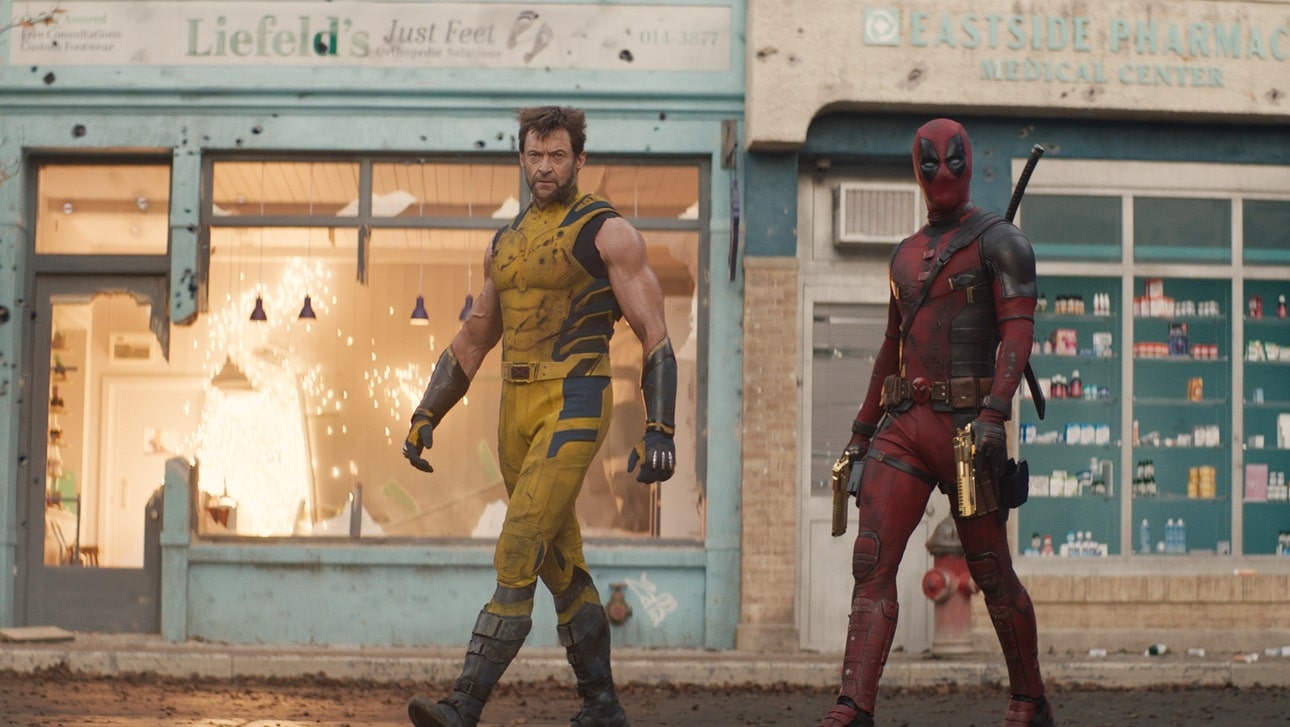




This is a lovely write-up! I’m a lapsed MCU fan myself. I find more and more of it repetitive as I get older (I’m not even excited for Spider-Man this year! And he’s my fav Marvel hero!), but seeing the cultural significance Shang Chi has among the AAPI community is something to celebrate and get hyped for.
Comments are closed.